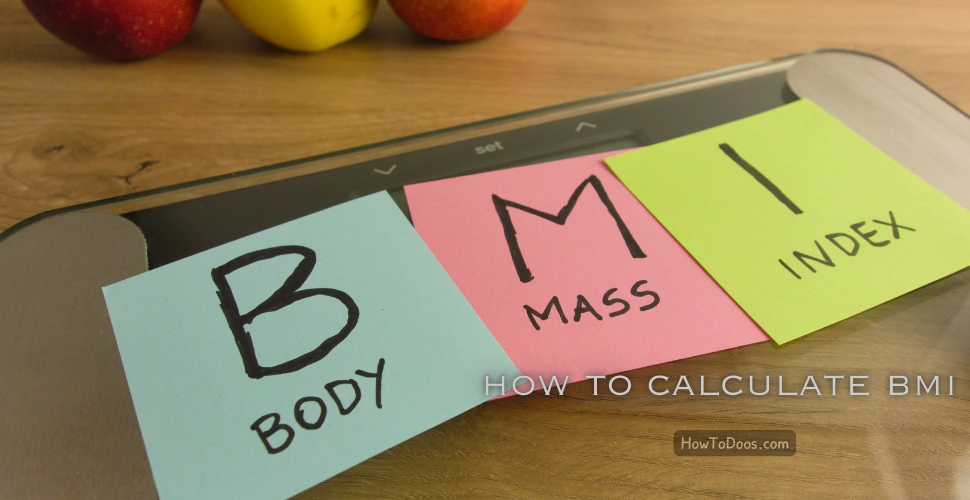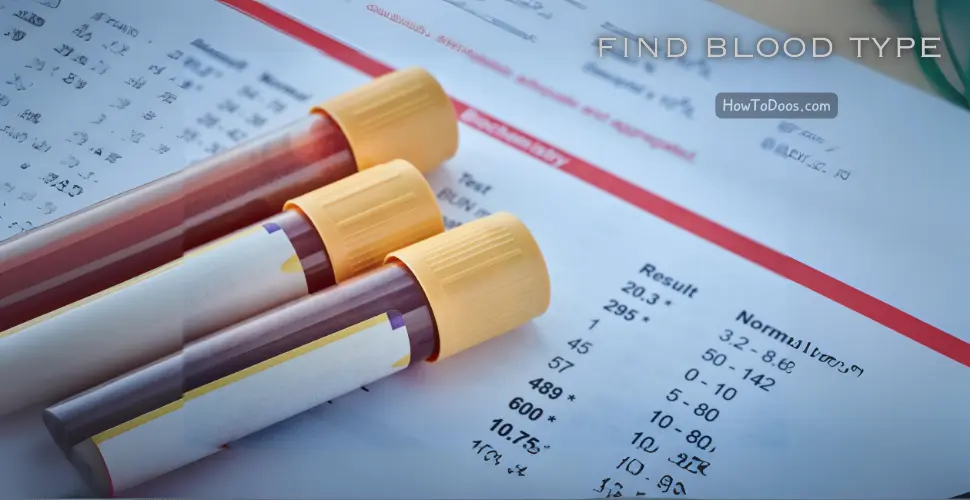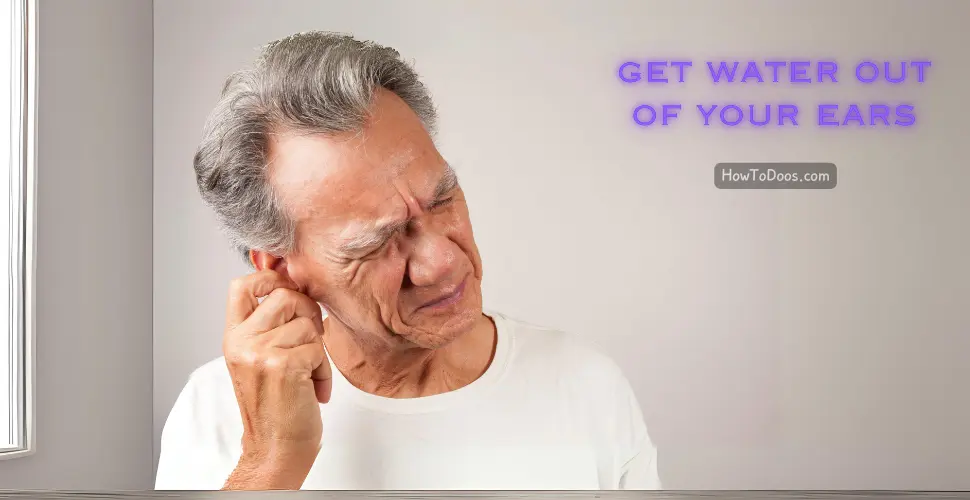How to Fall Asleep Fast – Effective Tips and Techniques for a Good Night's Rest
-
 Michael Brown
Michael Brown - 14 Jul, 2024
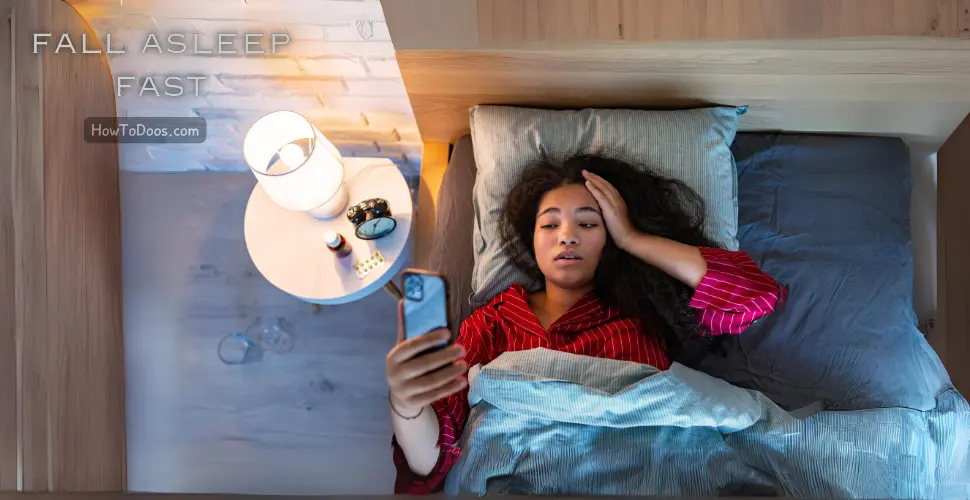
Falling asleep quickly can sometimes feel like an impossible task, especially when stress and worries keep your mind active. However, improving your sleep hygiene and adopting effective techniques can help you fall asleep faster and enjoy a restful night. This guide provides practical tips to help you drift off to sleep more easily.

Why Is It Important to Fall Asleep Fast?
Getting enough quality sleep is essential for overall health and well-being. Falling asleep quickly ensures you get the necessary rest your body needs to recover and function properly. Poor sleep can lead to various health issues, including weakened immunity, impaired cognitive function, and increased stress levels.
Tips to Fall Asleep Fast
1. Maintain a Consistent Sleep Schedule
Going to bed and waking up at the same time every day helps regulate your body’s internal clock, making it easier to fall asleep and wake up naturally.
2. Create a Relaxing Bedtime Routine
Engage in calming activities before bed, such as reading a book, taking a warm bath, or practicing relaxation techniques like meditation or deep breathing.
3. Optimize Your Sleep Environment
Ensure your bedroom is conducive to sleep by keeping it cool, dark, and quiet. Consider using blackout curtains, earplugs, or a white noise machine to eliminate distractions.
4. Limit Exposure to Screens
The blue light emitted by phones, tablets, and computers can interfere with your body’s production of melatonin, the hormone that regulates sleep. Avoid screens at least an hour before bedtime.
5. Watch Your Diet
Avoid heavy meals, caffeine, and alcohol close to bedtime. These can disrupt your sleep and make it harder to fall asleep quickly.
6. Stay Active
Regular physical activity can help you fall asleep faster and enjoy deeper sleep. However, try to avoid vigorous exercise close to bedtime, as it may have a stimulating effect.
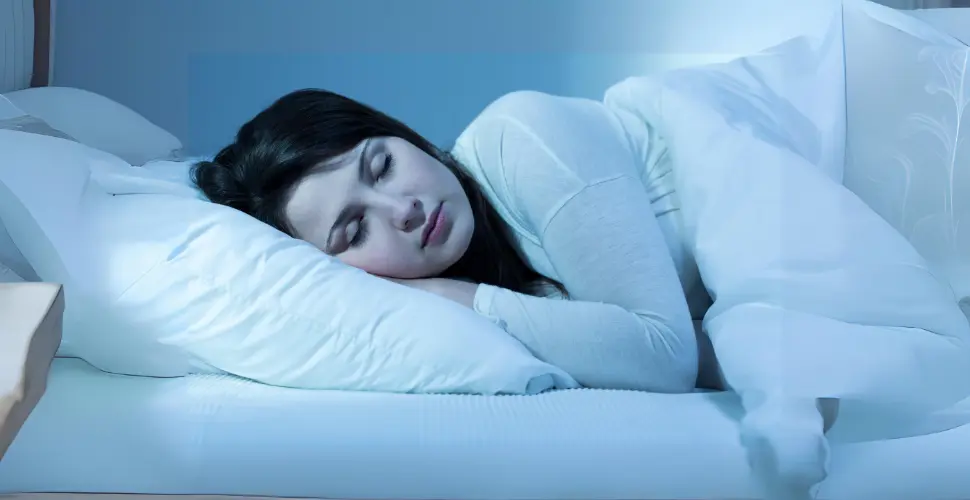
7. Manage Stress and Anxiety
Practice stress-reducing activities such as yoga, journaling, or spending time in nature. Managing stress can help calm your mind and make it easier to fall asleep.
8. Use Relaxation Techniques
Progressive muscle relaxation, deep breathing exercises, and visualization can help relax your body and mind, making it easier to drift off to sleep.
Techniques to Help You Fall Asleep Faster
1. The 4-7-8 Breathing Method
This technique involves inhaling for 4 seconds, holding your breath for 7 seconds, and exhaling for 8 seconds. It can help reduce anxiety and promote relaxation.
2. Progressive Muscle Relaxation
Starting from your toes, tense each muscle group for a few seconds, then relax. Gradually work your way up to your head, releasing tension from your entire body.
3. Visualization
Imagine a peaceful scene, such as a beach or forest, and focus on the details. This can distract your mind from worries and help you relax.
4. Sleep-Inducing Supplements
Melatonin, magnesium, and valerian root are natural supplements that may help improve sleep. Consult your doctor before taking any supplements.
When to Seek Professional Help
If you’ve tried these tips and still struggle to fall asleep, it may be time to seek professional help. Chronic insomnia can be a sign of underlying health issues that need to be addressed by a healthcare provider.
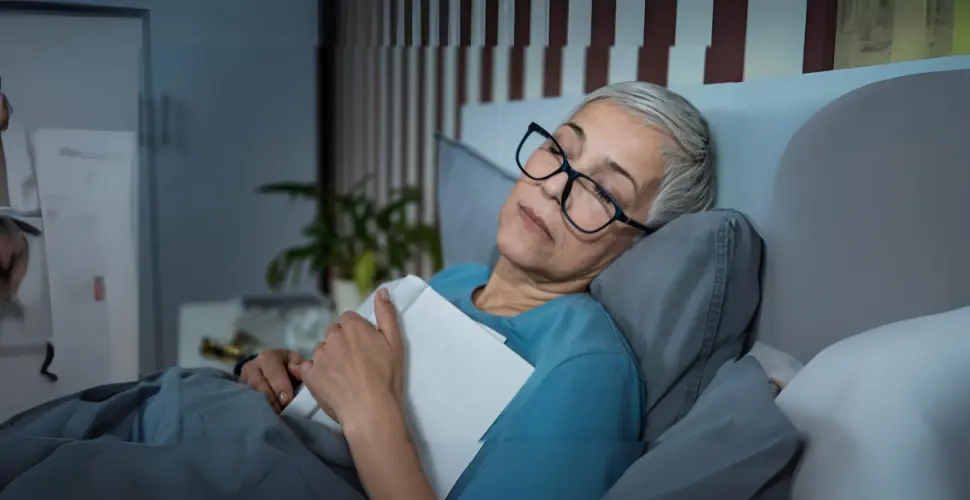
Summary
Falling asleep fast is crucial for maintaining overall health and well-being. By maintaining a consistent sleep schedule, creating a relaxing bedtime routine, optimizing your sleep environment, and using effective techniques like the 4-7-8 breathing method and progressive muscle relaxation, you can improve your chances of falling asleep quickly. Managing stress, staying active, and avoiding screens before bed also play a vital role in promoting better sleep. If persistent sleep problems continue, consult a healthcare professional for further evaluation and guidance.
